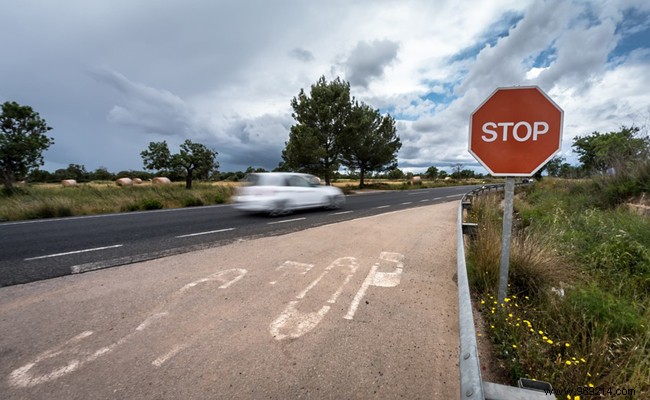Even during a trip abroad, you are not immune to being confronted with an accident. If we know how to react more or less well in such a case in France, the reflexes to have in another country are not obvious. What are the right reactions to have in the event of an accident while traveling abroad? Who to contact? How to properly prepare for your trip?

To be able to react in the best possible way in the event of an accident during a trip abroad, the best way is to prepare it well before leaving.
First, it is recommended to find out about the possible risks, particularly related to health, transport and safety, in your country of destination. The Ministry for Europe and Foreign Affairs devotes a page of its website “Advice to Travellers” to the risks and precautions to be taken by country, in Europe or outside. This information allows you in particular to prepare your circuit by avoiding, for example, areas where your physical safety could be endangered. They also indicate the possible risks related to the weather conditions (cyclone, monsoon, etc.) of the country where you are going.
Then, it is important to take note of the local legislation in force, in particular the rules of the highway code of the country where you are traveling if you have to travel by car. Also remember to bring your car registration document, your international insurance card and your driving licence. Also check the coverage of your insurance contracts in the event of an accident abroad. If necessary, take out additional specific insurance depending on the country where you are traveling. If you are going to a European country, Norway, Iceland, Switzerland or Liechtenstein, remember to bring your European Health Insurance Card (EHIC). Depending on the country, it will avoid you having to advance medical expenses on site or possibly being reimbursed on your return to France on presentation of supporting documents within the limits of French rates. For a trip outside the EU, you can consult the website of the Center for European and International Social Security Liaisons to find out about the social protection in force there.
In the event of an accident abroad, the first thing to do if you need help is to call local emergency services. If you are traveling in Europe, call 112 from a landline or mobile phone. This emergency number will put you directly in touch with the police, the fire brigade or an ambulance. Outside the European Union, this number is also in service in Switzerland and South Africa. Then tell your loved ones. Finally, contact your assistance company, or the organization in charge of your health insurance, which will help you with the steps to take in the event of an accident.
You can also get in touch with the French consulate or embassy of the country where you are traveling, who will also be able to advise you. These services can give you a list of doctors who speak French, for example, or that of health establishments. In each country, the French consulate can also help you contact your relatives, or, if necessary, act as an interface with your assistance company. This is why it is recommended that you find out their contact details before your departure (address, telephone, emergency number, e-mail, etc.).
There are also victim support associations that you can contact from abroad in the event of an accident. In Europe in particular, you can reach 116 006 at any time. This number allows "victims of assault, theft, burglary, physical or sexual of a traffic accident or natural disaster to benefit from psychological assistance adapted to the circumstances, to be informed of their rights and to be referred to competent local organizations, in particular to local associations for the assistance of victims approved by the Ministry of Justice. “, as indicated by the Ministry of Justice.
If you are the victim of an accident abroad or, for example, of an assault in the street, consider filing a complaint with the local police who will carry out the investigations necessary for a possible trial and future compensation.